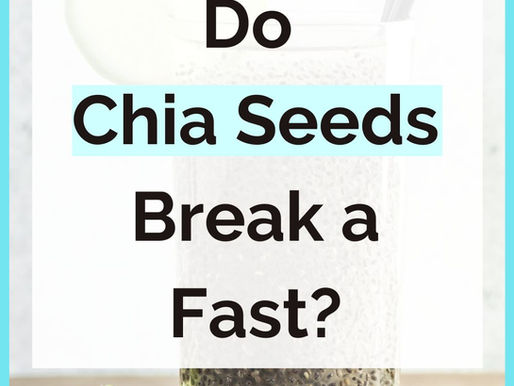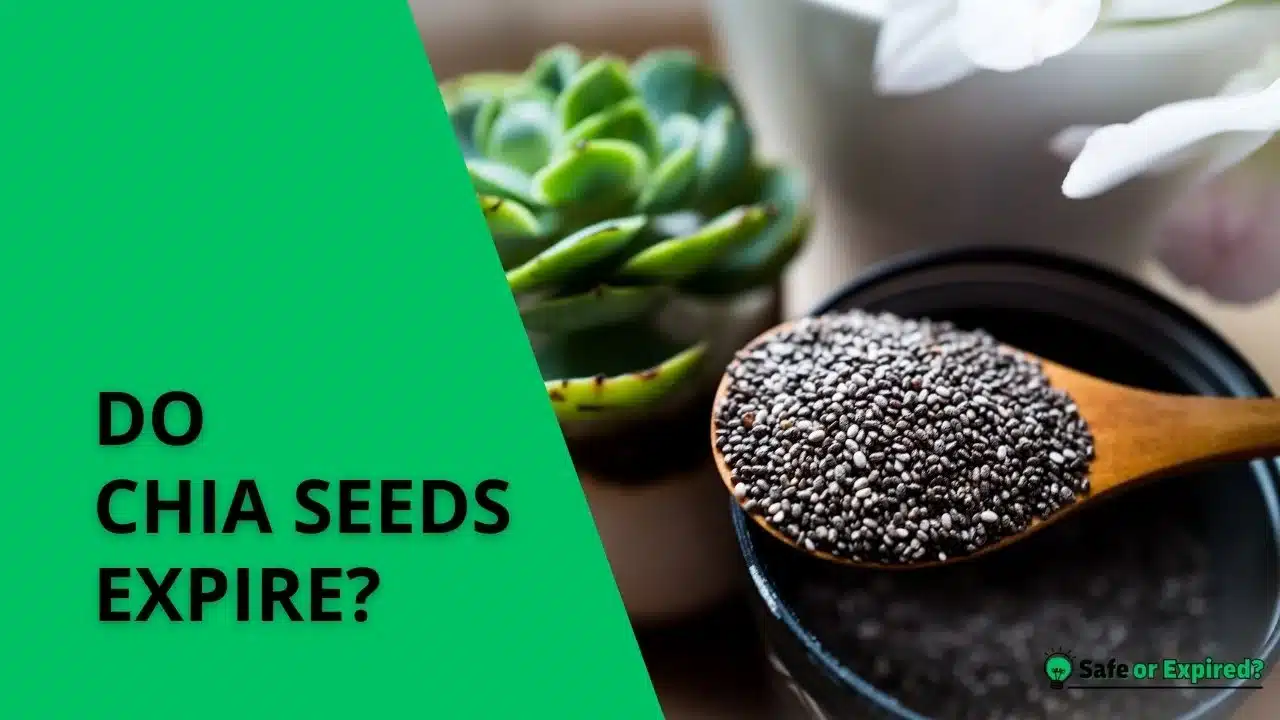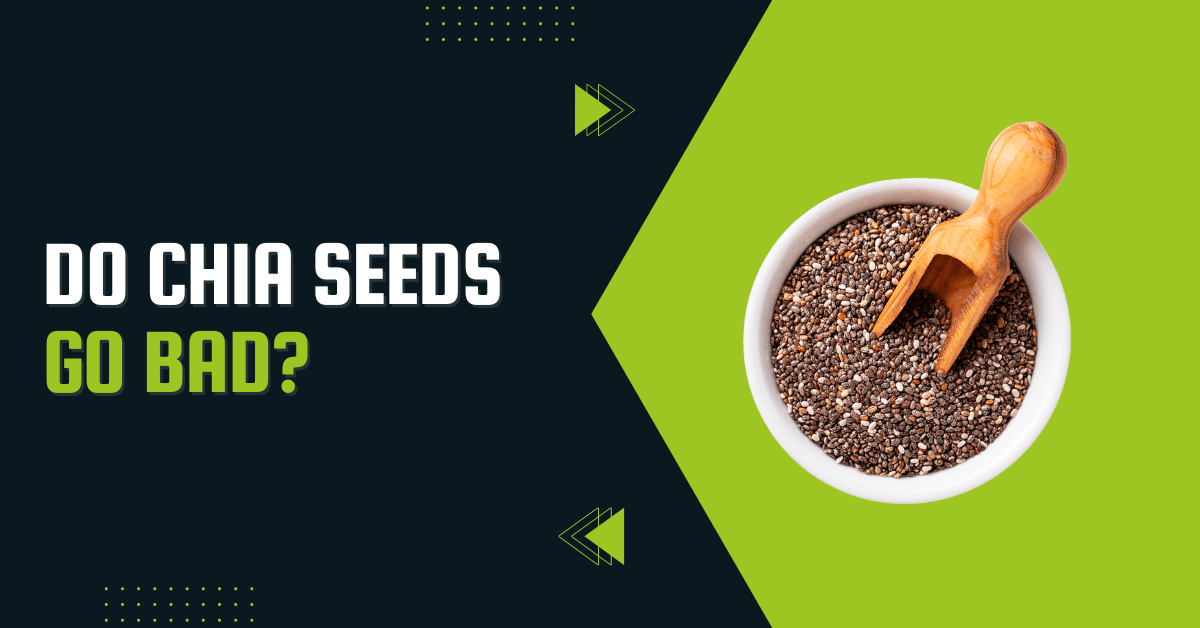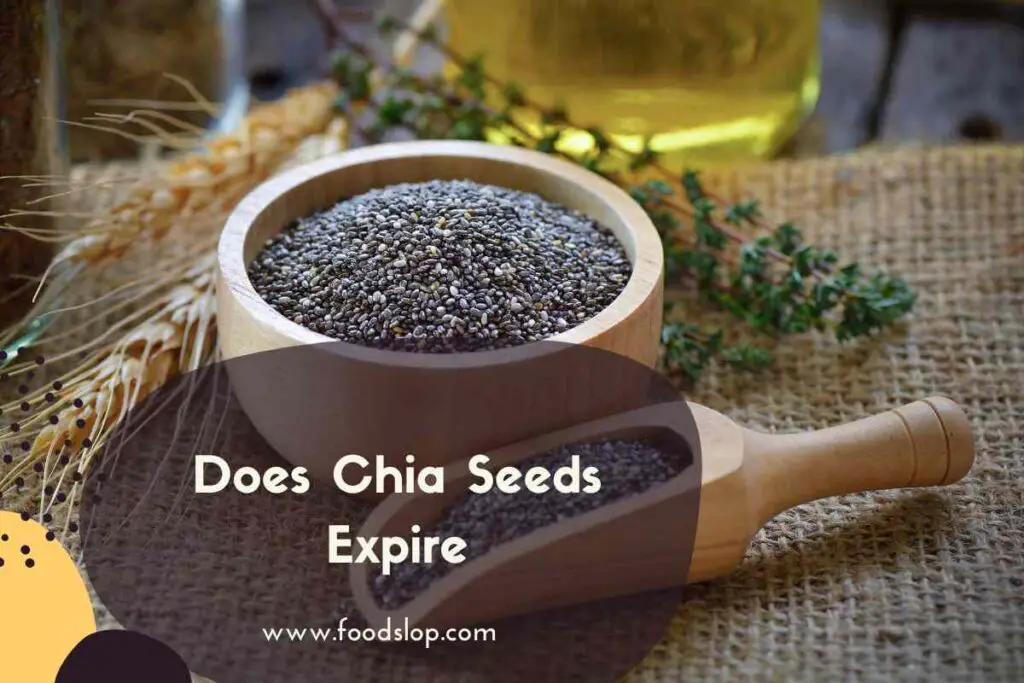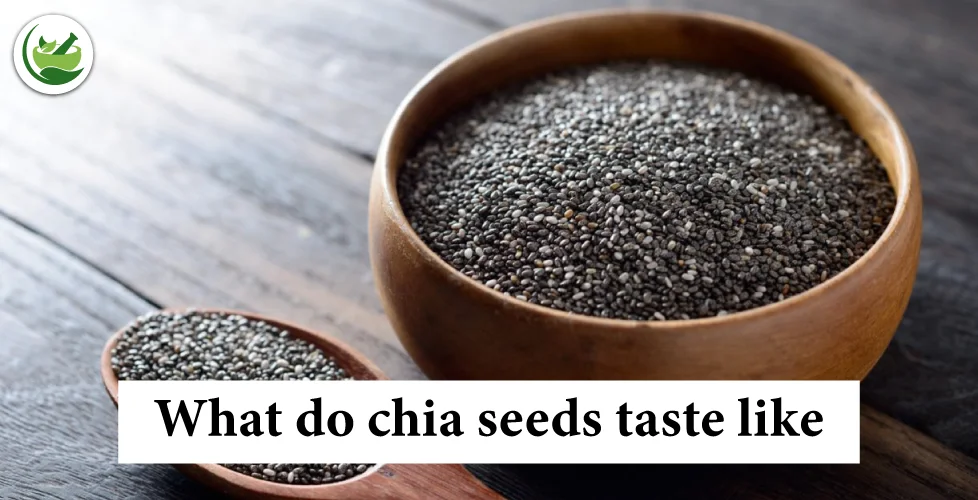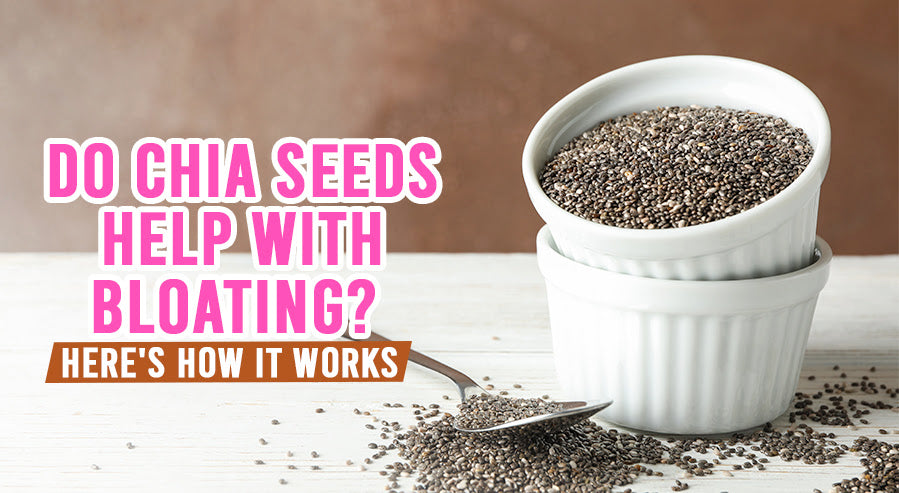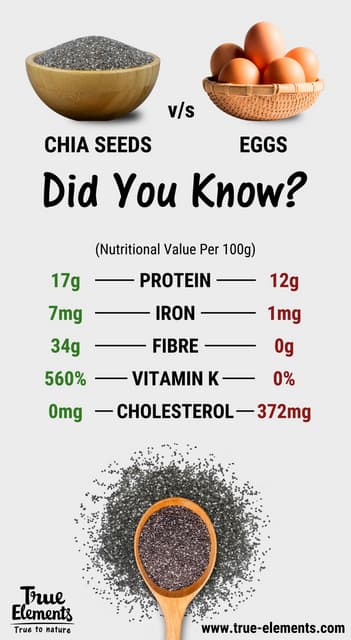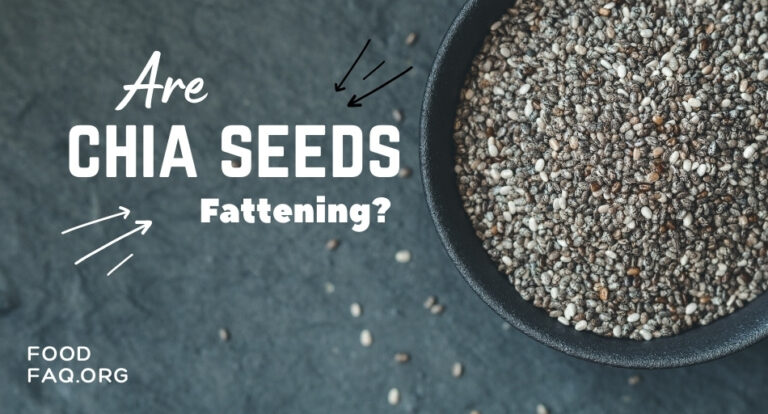Does Chia Seeds Break A Fast

The morning sun streams through the kitchen window, illuminating dust motes dancing in the air. A gentle hum emanates from the refrigerator, a subtle counterpoint to the chirping birds outside. You’re feeling good, energized even, despite having skipped breakfast – you’re in the midst of an intermittent fast. But then, the familiar pang of hunger hits. You glance at the bag of chia seeds on the counter. A sprinkle, just a tiny one, wouldn't hurt, right? But would it break your fast?
The question of whether chia seeds break a fast is a surprisingly complex one, debated across online forums and wellness communities. While chia seeds offer numerous health benefits, their caloric content and macronutrient profile can potentially interfere with the metabolic processes that define a fasted state. This article will delve into the science behind fasting, the nutritional composition of chia seeds, and expert opinions to provide a clear understanding of how these tiny seeds might impact your fasting routine.
Understanding Intermittent Fasting
Intermittent fasting (IF) isn't a diet, but rather an eating pattern that cycles between periods of eating and voluntary fasting on a regular schedule. Popular methods include the 16/8 method (16 hours of fasting, 8-hour eating window), the 5:2 diet (eating normally for five days and restricting calories for two), and alternate-day fasting.
The primary goal of IF, for many, is to trigger metabolic changes. During a fasted state, the body depletes its glycogen stores (stored glucose) and begins to burn fat for energy. This metabolic shift, known as ketosis, is associated with weight loss, improved insulin sensitivity, and other potential health benefits.
However, any consumption of calories can potentially interrupt this process. How many calories, and from what source, determines the extent of the interruption.
The Nutritional Profile of Chia Seeds
Chia seeds are nutritional powerhouses, packed with fiber, protein, and healthy fats. According to the USDA, a one-ounce (28-gram) serving of chia seeds contains approximately 138 calories, 5 grams of protein, 12 grams of carbohydrates (11 of which are fiber), and 9 grams of fat.
The high fiber content is particularly noteworthy. Fiber slows down digestion, promotes satiety, and can help regulate blood sugar levels. They're also a rich source of omega-3 fatty acids, which are known for their anti-inflammatory properties.
But it's precisely this macronutrient profile that raises questions about their impact on fasting.
Expert Opinions and the Calorie Threshold
The impact of chia seeds on a fast often comes down to the "calorie threshold" – the amount of calories that can be consumed without significantly disrupting the metabolic benefits of fasting. Unfortunately, there's no universally agreed-upon number.
"The generally accepted rule of thumb is that consuming under 50 calories is unlikely to break a fast," says Dr. Emily Carter, a registered dietitian specializing in intermittent fasting. "However, individual responses can vary based on factors like metabolic rate and insulin sensitivity."
Other experts emphasize the importance of considering the macronutrient composition of what you're consuming. "Even a small amount of carbohydrates can trigger an insulin response, potentially halting fat burning," explains Dr. Mark Thompson, an endocrinologist.
Because chia seeds contain both carbohydrates and fats, they may have a more pronounced effect on insulin levels compared to, say, a zero-calorie beverage.
The Importance of Autophagy
Another key benefit of fasting, and a reason many people practice it, is autophagy. Autophagy is a cellular process where the body cleans out damaged cells and regenerates new ones. It's essentially a cellular "spring cleaning."
Some research suggests that consuming any calories, even small amounts, can inhibit autophagy. This is because the body switches from a catabolic (breakdown) state to an anabolic (building) state when food is ingested.
While more research is needed to fully understand the relationship between calorie intake and autophagy, it's something to consider when deciding whether or not to include chia seeds in your fasting routine.
Practical Considerations and Personal Experimentation
Ultimately, the decision of whether or not chia seeds break a fast is a personal one. Factors like your individual goals, the type of fast you're following, and your body's response all play a role.
If you're primarily fasting for weight loss, a small amount of chia seeds might not significantly hinder your progress, especially if they help you stay satiated and avoid overeating later. If, however, you're fasting to maximize autophagy or improve insulin sensitivity, you might want to avoid them altogether.
The best approach is to experiment and monitor your body's response. Keep a food journal, track your energy levels, and pay attention to any changes in your weight or blood sugar levels. This will help you determine how chia seeds affect your fasting state.
Beyond the Black and White: Modifying Your Approach
It's also important to consider that there are different "degrees" of fasting. Some people practice "strict" fasting, consuming only water, black coffee, or plain tea. Others follow a more lenient approach, allowing for small amounts of low-calorie foods or beverages.
You could also consider "dirty fasting," which is the practice of consuming some calories (usually under 50) during the fasting window while still attempting to maintain the metabolic benefits. While controversial, some find this approach sustainable and effective.
Perhaps a tiny sprinkle of chia seeds mixed into your water, consumed early in your fasting window, could be a compromise that works for you.
The Verdict: Proceed with Caution and Awareness
While chia seeds offer a wealth of nutritional benefits, their caloric content and macronutrient profile mean they technically *can* break a fast. The extent to which they do so depends on various factors, including the amount consumed, your individual goals, and your body's response.
Instead of seeking a definitive "yes" or "no" answer, focus on understanding the science behind fasting and the potential impact of chia seeds. Experiment, listen to your body, and adjust your approach as needed.
Ultimately, the most successful fasting routine is one that aligns with your goals and fits seamlessly into your lifestyle. The occasional chia seed shouldn't derail your progress if you're mindful and intentional about your choices.

